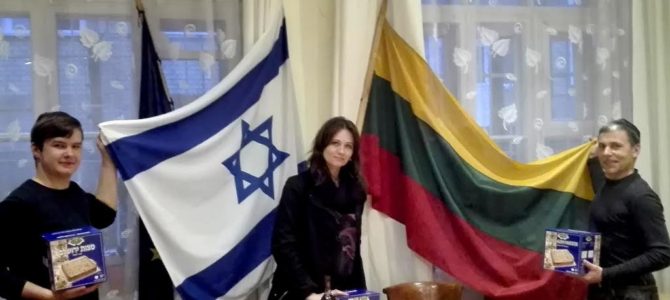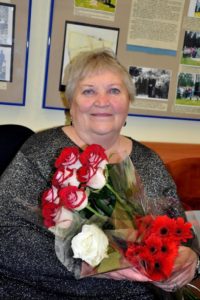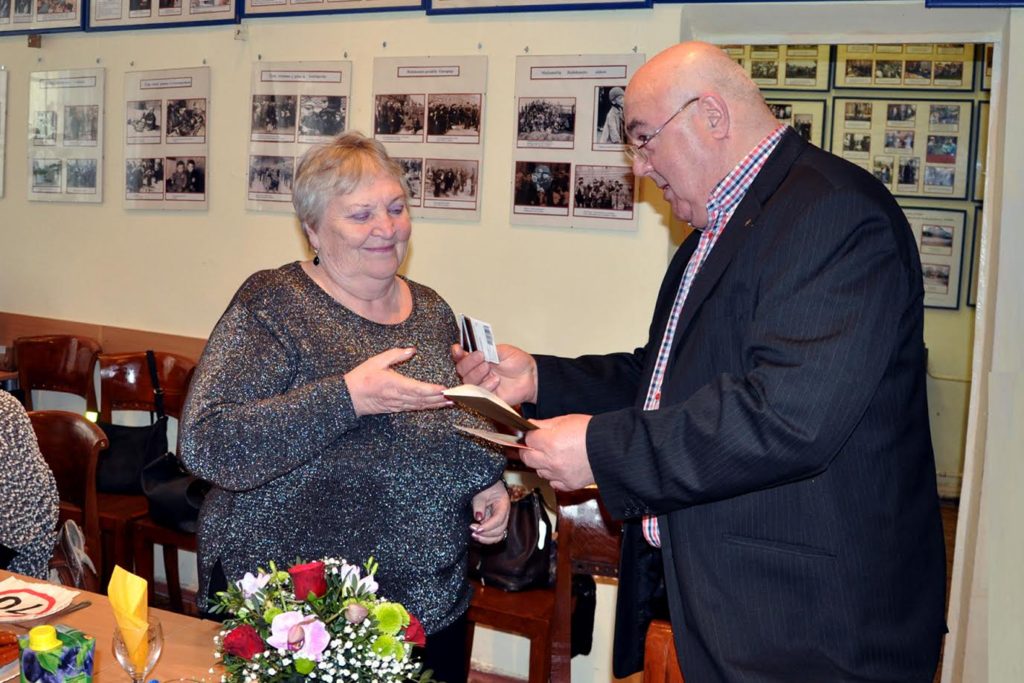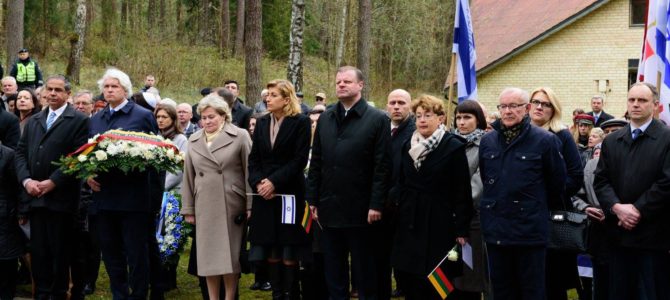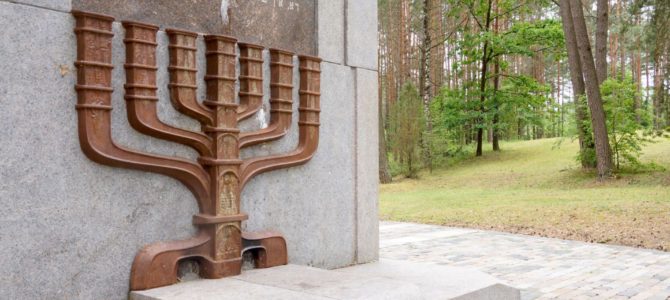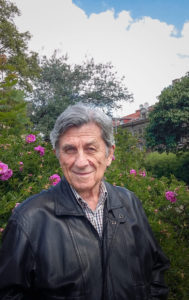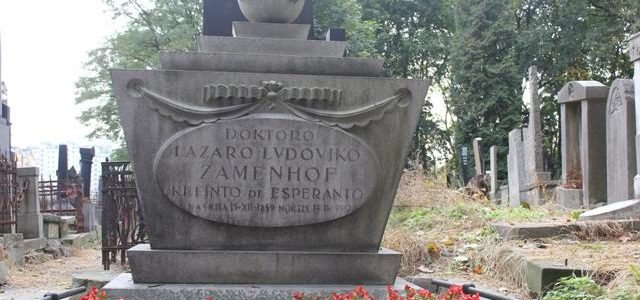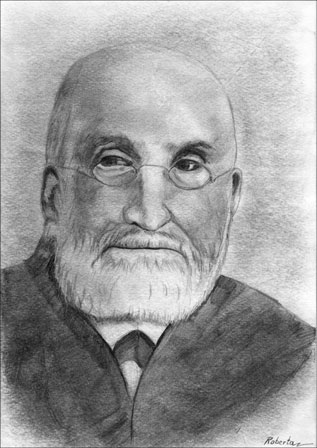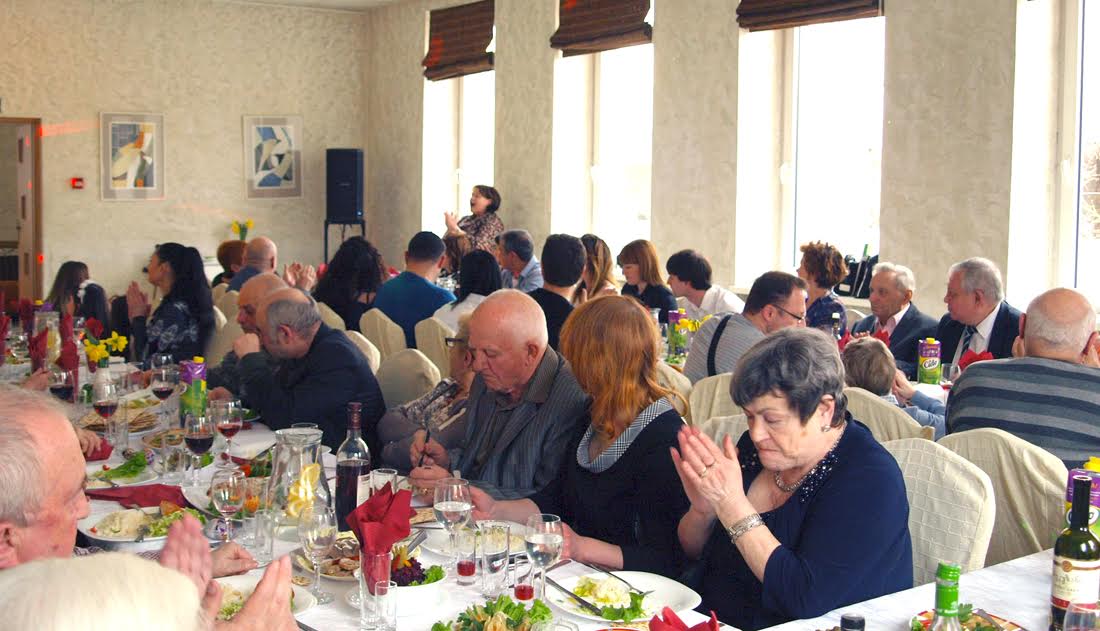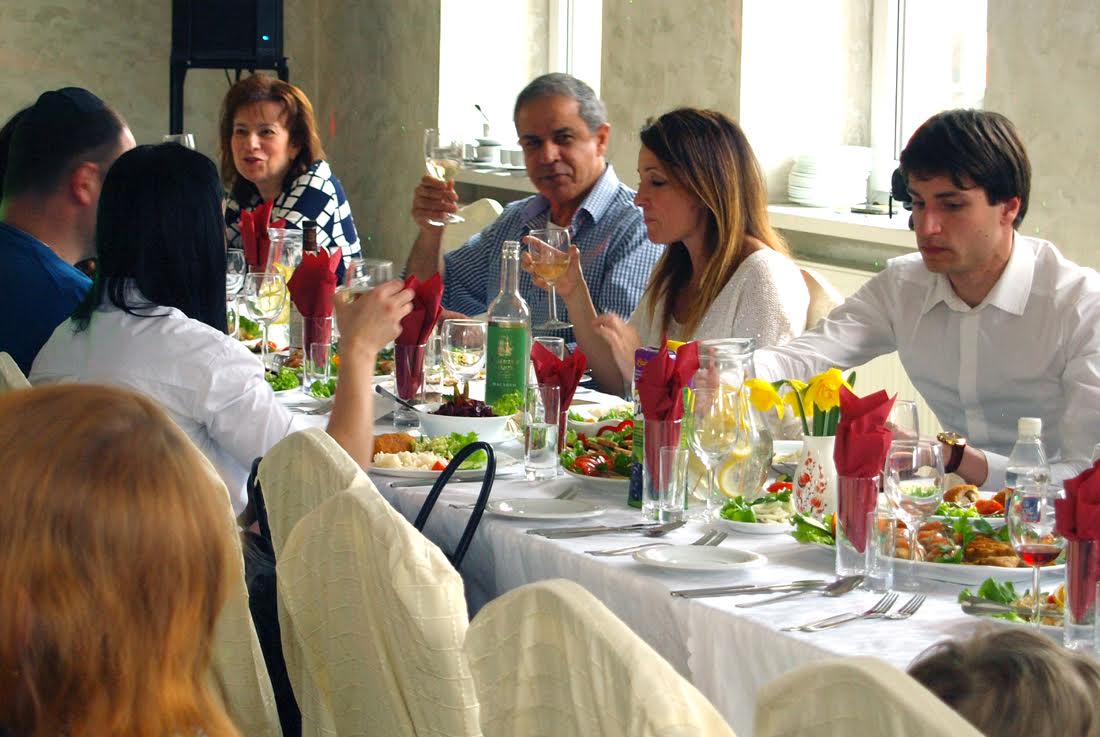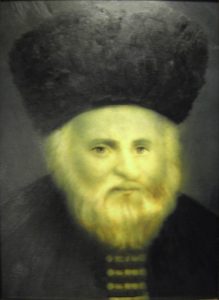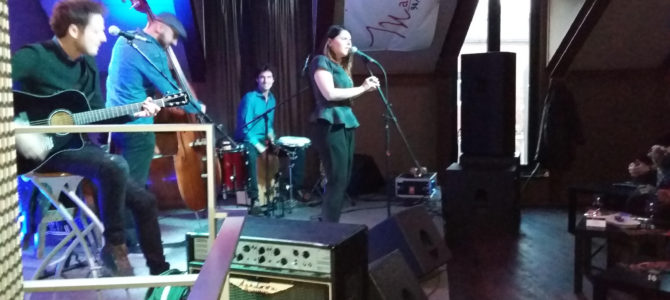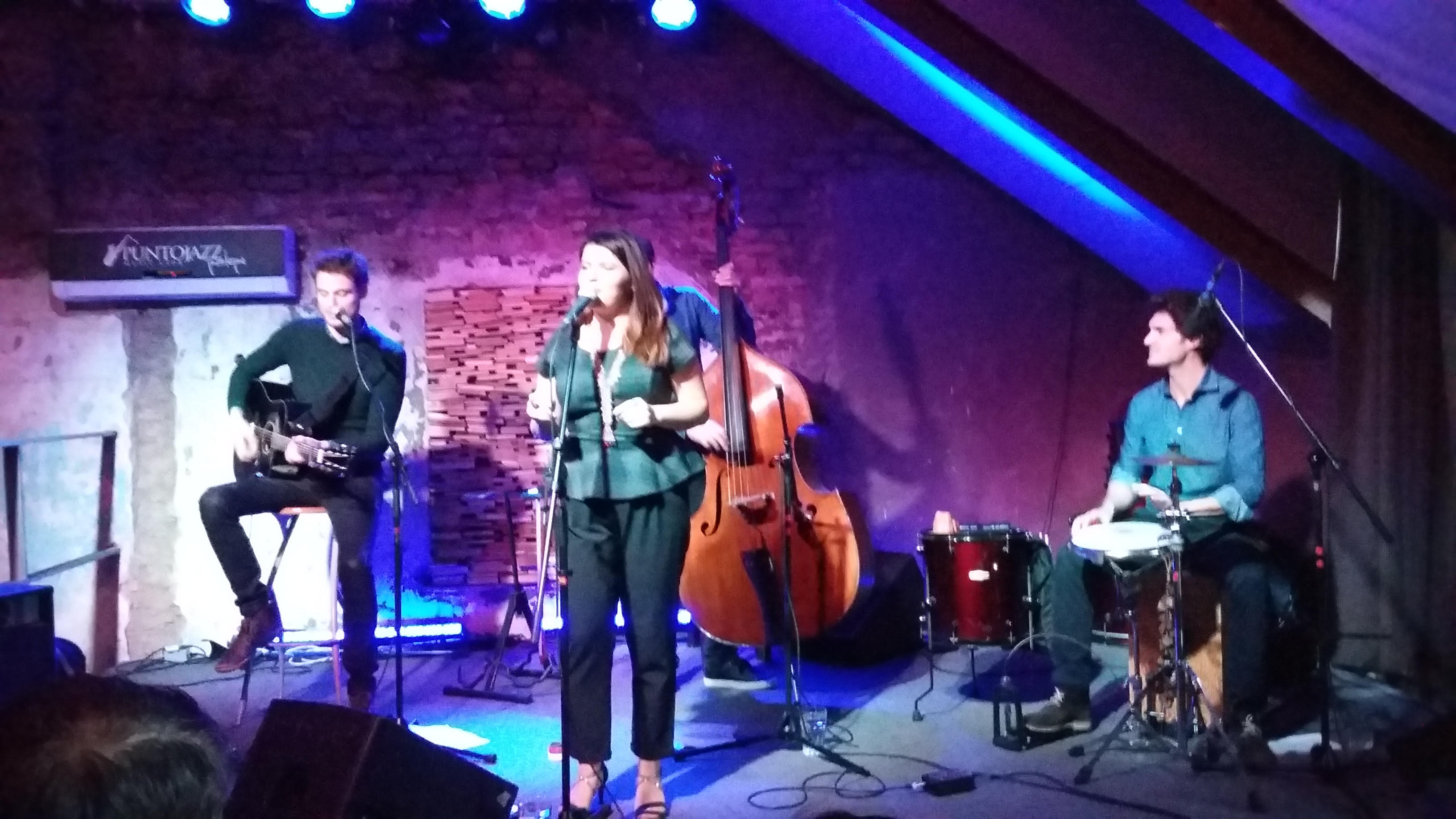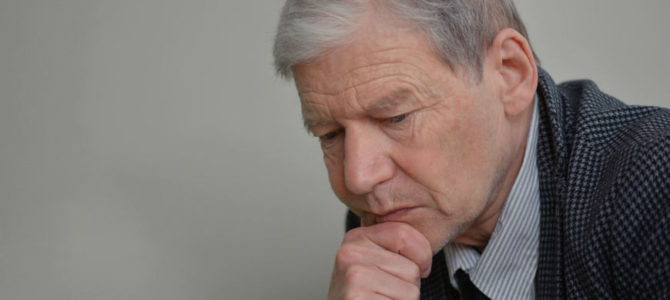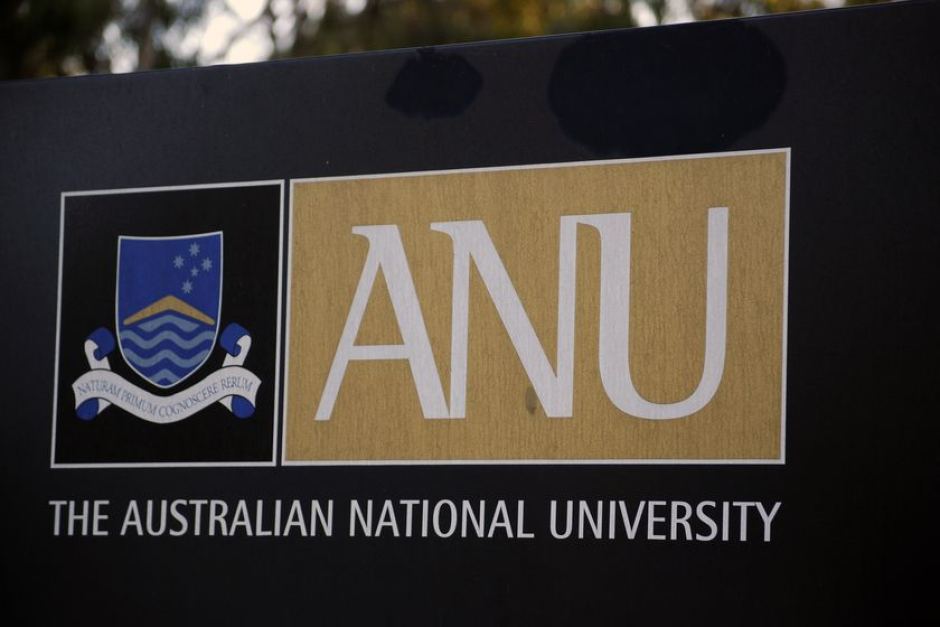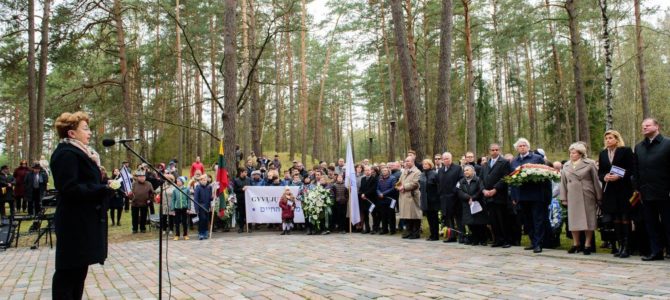
Today we mark Yom haShoa. Under the laws of the State of Israel, this day marks the national day of the Holocaust and heroism. On this day Israel and the world mark together the victims of the Holocaust as well as the heroes who gave their all in the fight against the Nazis.
I would like to point out Holocaust commemoration, and together the entire history of the Jews, is not limited to the experience of one country, one religion or one people. Israel has been marking this day since 1953, while we here in Lithuania gather now for the tenth time here at Ponar to observe Yom haShoa. The first March of the Living was the initiative of Beit Vilna, of the former ghetto and concentration camp prisoners and the children and grandchildren of Vilna Jews. Beit Vilna is not with us today, but together, Jews around the world are commemorating the victims of the Holocaust. As do members of the executive board of the Goodwill Foundation, most of whom have Litvak roots. Thank you for the bridges of memory you have built, connecting Lithuania, Israel and the world.
Yom haShoa not only reminds us of the mass murder of the Jews at the hands of Lithuanians here, or of the systematic extermination carried out in Nazi Germany, occupied Poland and elsewhere. It also reminds us who we are, Jews, and even that totalitarian extermination mechanism was unable to extinguish our spirits, our faith, our identity.
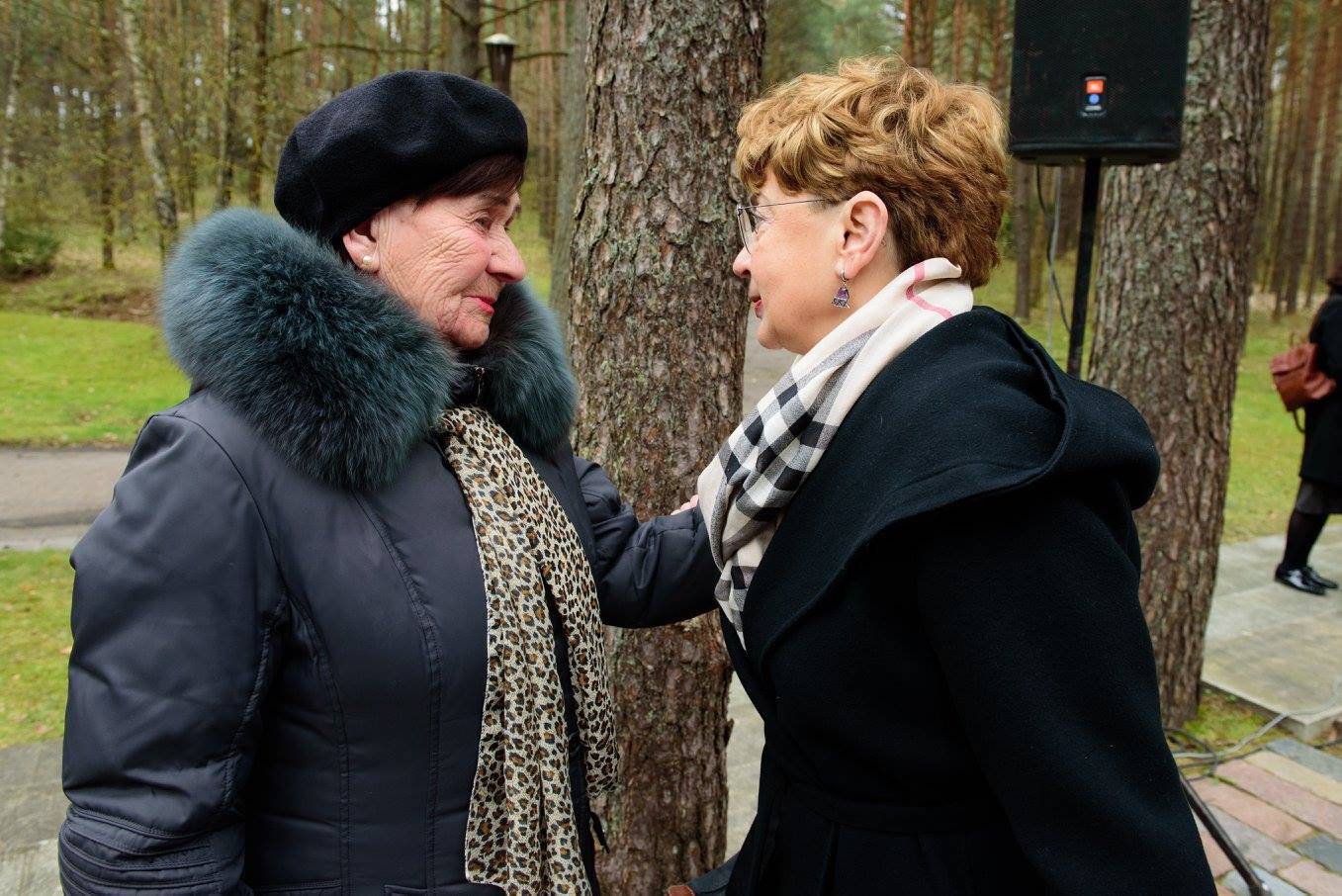
During the Holocaust there was massive Jewish resistance in the underground organizations, and no less important was the inner battle, for one’s dignity in the face of suffering and death. As we follow in the path of the condemned we also fight here and now, we fight against apathy, against forgetfulness, against ignorance. The Holocaust failed to end Jewish history and the path of Lithuanian Jews towards historical justice continues now in 2017. Many unsolved issues remain. Restitution, Holocaust commemoration, teaching Jewish history at Lithuanian schools, commemorating Righteous Gentiles, condemnation of the murderers, heritage preservation–these are only a few examples which will be remembered in Jewish history, and that of Lithuania in general, back in the 21st century.
Just now yet another generation of students has followed the path taken by 70,000 condemned to death. Young and old, some of whom, Jewish Community members, still remember the Holocaust and who care about passing on the memory of the Holocaust, have taken the same path. I am endlessly grateful to each and all of you.
According to the custom of the State of Israel, I invite you to reflect in a moment of silence on the victims of the Holocaust as the siren sounds.
